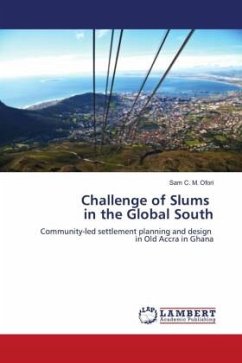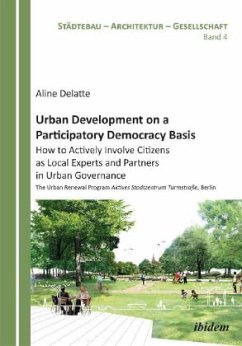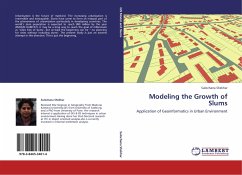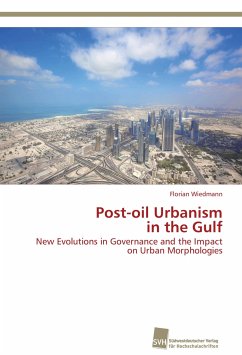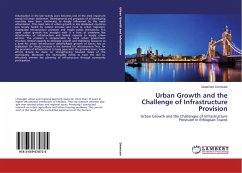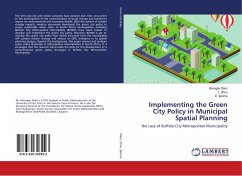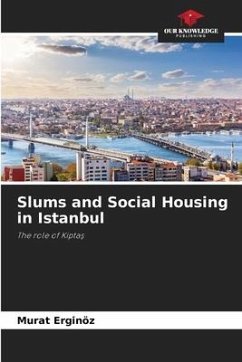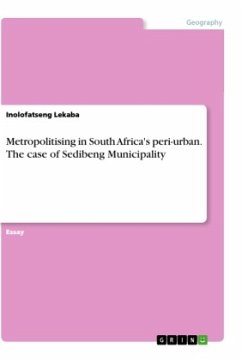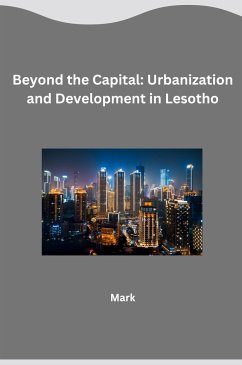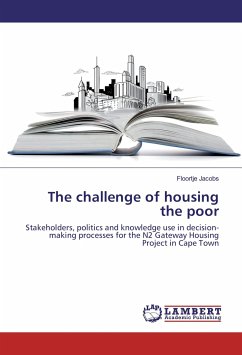
The challenge of housing the poor
Stakeholders, politics and knowledge use in decision-making processes for the N2 Gateway Housing Project in Cape Town
Versandkostenfrei!
Versandfertig in 6-10 Tagen
33,99 €
inkl. MwSt.

PAYBACK Punkte
17 °P sammeln!
Recent debates on urban governance suggest that in the contemporary neoliberal society, there is a shift away from governments as the dominant locus of power to one in which various actors participate in hybrid governance arrangements. At the same time, increasing attention is paid to the potential contribution of involving different types of knowledge in governance processes, assumed to lead to more inclusive decision-making. This raises questions on what types of knowledge are recognized and prioritized in processes of urban governance. This book examines how several types of knowledge have ...
Recent debates on urban governance suggest that in the contemporary neoliberal society, there is a shift away from governments as the dominant locus of power to one in which various actors participate in hybrid governance arrangements. At the same time, increasing attention is paid to the potential contribution of involving different types of knowledge in governance processes, assumed to lead to more inclusive decision-making. This raises questions on what types of knowledge are recognized and prioritized in processes of urban governance. This book examines how several types of knowledge have been negotiated as strategic inputs in decision-making processes for the mega housing project N2 Gateway in Cape Town. Analysis of the project's implementation has shown that political pressure around the N2 Gateway Project has limited the use of technical, economic and community based knowledge in the planning phase. This lack of knowledge inclusion had significant effects for the implementation of integrated settlements, the financial viability of the project, led to a lack of matching housing supply and demand, and caused representation struggles in local project management.



